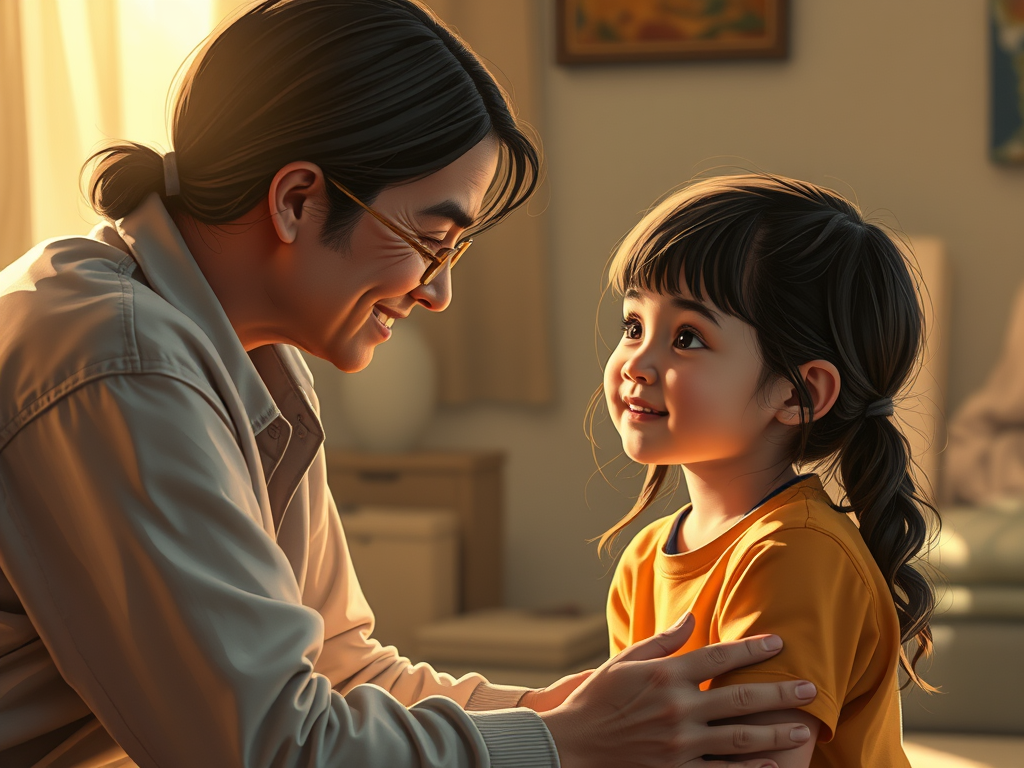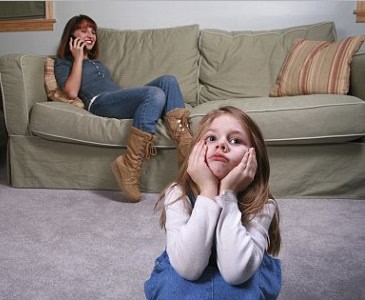Beyond Judgment: Why Some Kids Act Out (and How We Can Help)

|
Getting your Trinity Audio player ready...
|
As a kid, I found myself smoking cigarettes, wearing heavy metal clothes, and focusing on boys and dating—not because I wanted to be rebellious, but because that’s what I thought I was supposed to do. That’s what I had been inadvertently taught through what I saw around me.
Looking back, I understand why adults might have been cautious around me, but what I really needed was positive guidance—someone to show me a different way.
Lost and Looking
At 11 years old, I wasn’t just being “bad.” I was seeking attention in all the wrong places because I didn’t know any better.

My home life lacked the guidance I needed, and without positive role models, I turned to behaviors that seemed normal at the time, like smoking and dating older boys.
I get why people were hesitant to have their kids around me. But no one ever stopped to ask why I was acting the way I was.
If just one adult had taken the time to see that I was looking for something—anything—besides judgment (or neglect at home), things might have turned out differently.
The Harm of Judgment
Labeling children as “bad” and judging them in front of our own kids can harm everyone involved by limiting connections and social opportunities. It’s crucial to teach kids about safe friendships without pre-judging others, as doing so may close off valuable relationships.
Instead of criticizing, we should promote open communication about feelings and experiences. This approach empowers children to make their own choices while still receiving support and guidance.
Avoiding judgment helps prevent isolation and encourages the necessary connections for growth.
The Power of Empathy
Instead of judgment, offering empathy or a listening ear creates an opportunity for connection and support that helps kids grow.

Kids don’t always know how to ask for help, but they often show it in ways that may seem like defiance or rebellion.
A small gesture, like showing interest and asking “What’s going on with you?” or “Is everything okay?” could make a world of difference.
Next time you see a child acting out, remember that their behavior might be a signal that something deeper is going on.
It’s not about judging or fixing them—it’s about showing up, being present, and offering guidance in a way that they can hear.
We may not be able to save every kid, but we can offer a little guidance where it’s needed most.
Small Acts, Big Impact
One small act of support could change a kid’s whole direction.
Whether you’re a parent, teacher, neighbor, or simply someone who cares, you have the potential to make a positive impact.
If more adults took the time to notice, offer help, or just show up with empathy, we could make a world of difference in the lives of kids who feel lost or neglected.
Key Points to Take Away
- Kids who act out are often seeking attention and support, not just being “bad.” Their behavior can be a signal of unmet needs.
- Judgment is harmful. Labeling and criticizing kids, especially in front of other children, limits their opportunities for positive connections and can push them further into isolation. It also models harmful biases for our own children.
- Empathy and understanding are crucial. Instead of judging, we should offer a listening ear, show interest in their lives, and try to understand what’s behind their behavior.
- Open communication is key. Asking open-ended questions about their feelings and experiences helps kids process their emotions and make better choices.
- Small acts of kindness can make a big difference. A simple gesture of support and guidance can have a profound impact on a child’s life.
- Every adult has a role to play. Whether you’re a parent, teacher, neighbor, or just someone who cares, you can make a positive impact by offering empathy and support.
Research Reference: Making it Happen: Building Positive Relationships with Children






